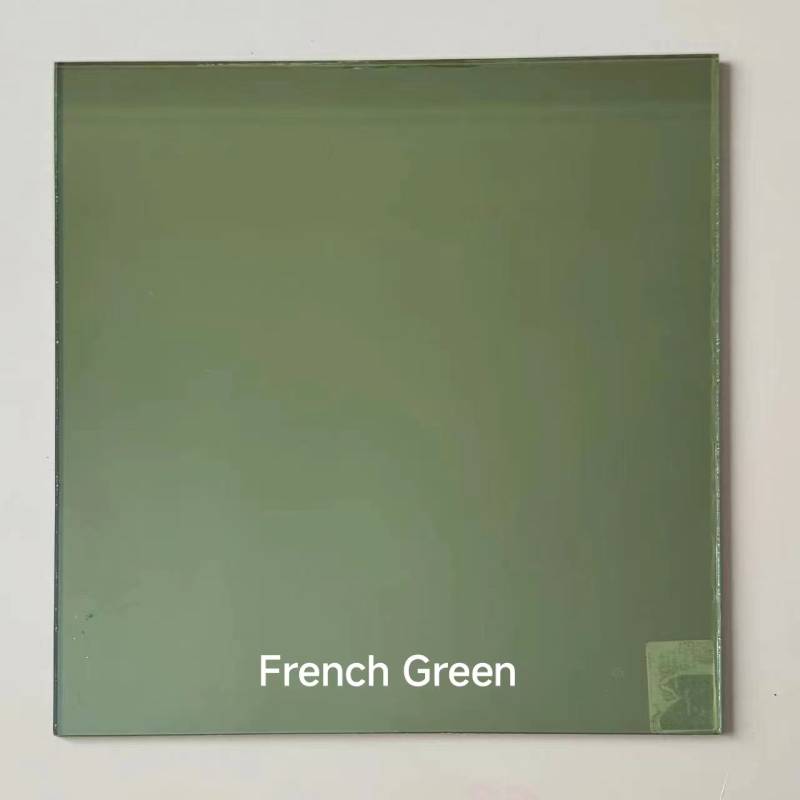

The Cost of Mirror Glass A Reflective Examination
Mirror glass has become an essential component in modern architecture, interior design, and consumer products, adding elegance and functionality to various spaces. However, when contemplating the purchase or installation of mirror glass, one must consider several factors that contribute to its overall cost.
To understand the price of mirror glass, we need to consider the type of mirror glass being used. Standard flat mirror glass tends to be the most economical option, suitable for everyday use in homes and businesses. On the other hand, high-grade mirrors, such as those treated with specific coatings for enhanced durability or specialized uses like one-way mirrors, can significantly increase the cost. These treatments often enhance the glass's clarity, resistance to corrosion, and longevity, making them ideal for applications in demanding environments.
Another critical factor influencing the cost is the size of the mirror glass. Larger panels require more raw materials, leading to higher production costs. Additionally, transporting and handling larger pieces involves more logistics and potential labor costs for installation, whether it's in a residential setting or a commercial application. For instance, a huge wall mirror in a boutique hotel can cost several times more than a small bathroom mirror, reflecting not just the material costs but also the complexity of installation.

The origin of the glass can also impact its pricing. Imported mirror glass can sometimes be more expensive due to shipping costs and tariffs, while locally sourced materials may provide a more budget-friendly solution. Furthermore, the brand and quality of the product can play a significant role; renowned manufacturers that adhere to stringent quality controls typically charge premium prices for their products.
Installation costs should not be overlooked. Proper installation of mirror glass often requires skilled labor, especially for custom cuts or when dealing with large sheets that could be hazardous. Therefore, homeowners or business owners should budget for installation services, which can add to the overall expense.
Lastly, it's crucial to consider the long-term investment. Higher-quality mirror glass, while more expensive upfront, might save money in the long run through enhanced durability and fewer replacements. When contemplating the overall cost of mirror glass, it's vital to balance the initial investment against the potential benefits it brings to aesthetics and utility.
In conclusion, the cost of mirror glass is influenced by various factors, including type, size, source, brand, and installation. By carefully assessing these elements, consumers can make informed decisions that reflect their budget and needs. Whether for a stylish home or a functional workspace, understanding these costs will pave the way to making the best choice in mirror glass purchases.